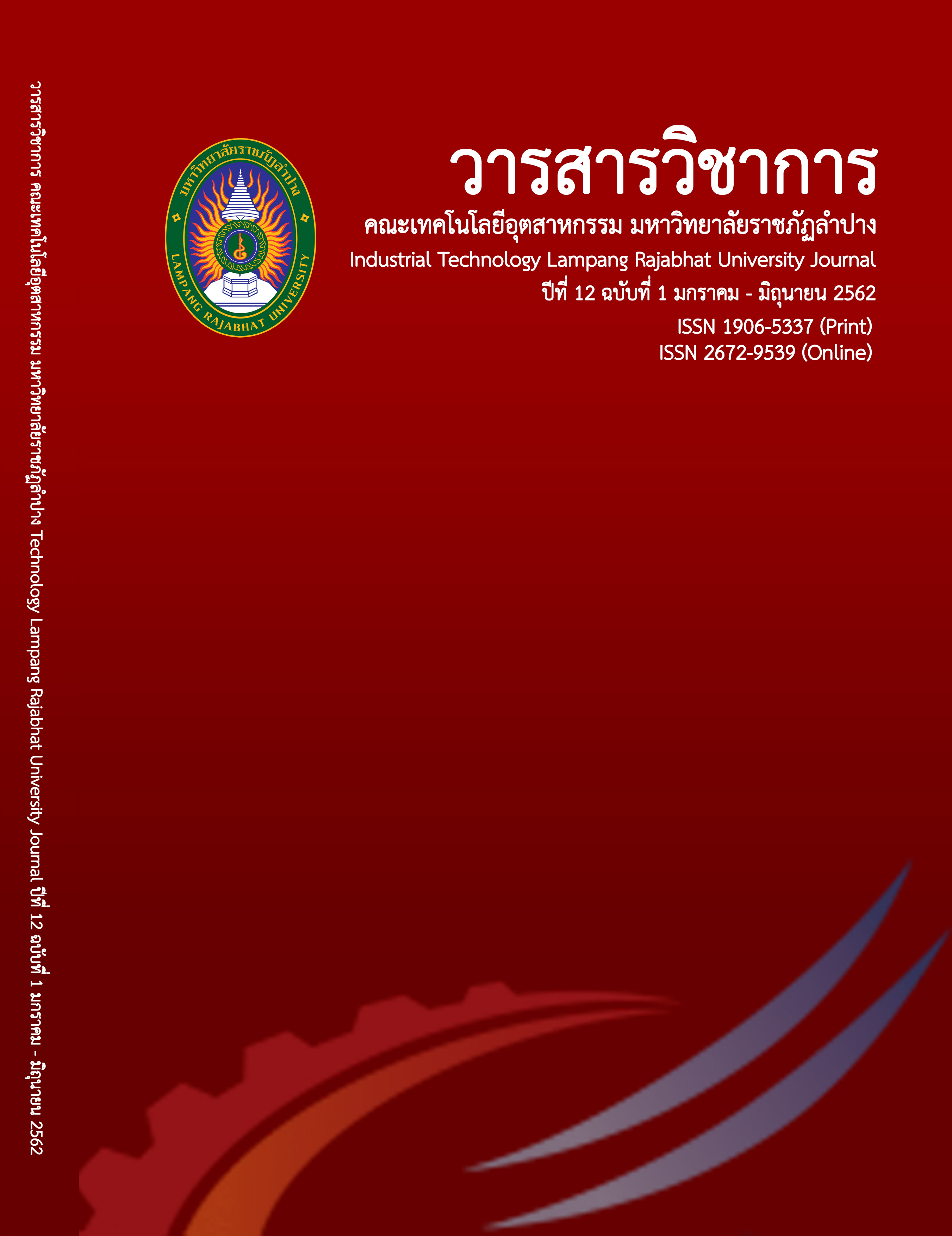Reducing Ergonomic Issues within the Mushroom Loaf Steaming Process: A Case Study at the Organic Mushroom Learning Center, Phuket Province
Keywords:
RULA, REBA, steaming process of mushroom loaf, quality function deployment techniqueAbstract
The purpose of this research was to assess a technique of the mushroom loaf steaming process using Rapid Upper Limb Assessment (RULA) and Rapid Entire Body Assessment (REBA) tools. The study results indicate an improvement in the working process that can tackle the ergonomic issues of the mushroom loaf steaming process for the members of the organic mushroom learning center established at the science and technology village of Thalang district, Phuket. Based on the pre-study results, the RULA and REBA scores of 7 and 11 respectively indicated ergonomic issues and high risks within the mushroom loaf steaming process requiring immediate engineering and/or work method changes. In this study, the Quality Function Deployment (QFD) technique was utilized to define the user requirements for the design of the mushroom steaming oven cover in order to facilitate the working process. After testing the designed oven cover, the ergonomic assessment achieved RULA and REBA scores of 4 and 5, respectively.The assessment results indicate that the design of the mushroom steaming oven cover was able to tackle the ergonomic issues and risks within the mushroom loaf steaming process. In addition, the satisfaction assessment results increased from 3.61 to 4.02, a rise of 8.1 percent.
References
Jirapongsuwan, A. (2013). Health Threats from Work Environment and Enterprise Surveys. Nursing Journal of the Ministry of Public Health. Vol.27(3). 106-114. (in Thai)
Meemongkol, N., Junsong, P. and Santiamorntut, W. (2012). Application of Quality Function Deployment Technique for searching of Device Characteristic and Design of Health Care Monitoring Device. KKU Research Journal. Vol.17(4), 515-527. (in Thai)
Madtharuk, W., Maneechot, N. and Namsai, A. (2015). Work Improvement a way for Reduce the Ergonomics Problem of Rubber Plantation Farmers: A Case Study in Manung District, Satun Province Area. National and International Conference 6th. Vol.1 No 6. 452-463. (in Thai)
Mc.Atamney, L. & Corlett, E. N. (1993). RULA: A Survey Method for The Investiga¬tion of Work-Related Upper Limb disorders. The Journal Applied Ergonomics, Vol.24, 91-99.
Oliveira, C., Xavier, A., Ulbricht, L., Moro, A., and Belinelli, M. (2018). Health in the rural environment: a postural evaluation of milking workers in Brazil. EDP Sciences, Vol.27(3),1-8.
Promngurn, J. et al. (2015). Cost and Return of Mushroom Juice Organic Mushroom Village Liphon Hua Han - Borae. Phuket Rajabhat University National Conference 4th. Phuket. 516-530. (in Thai)
Promngurn, J. et al. (2016). Guidelines of Waste Reduction for Cube Mushroom Production a Case Study for Organic Mushroom Learning Center Liphon Hua Han- Borae of Science and Technology Village, Thalang, Phuket Province. Phuket Rajabhat University National Conference 7th. Phuket. 693-703. (in Thai)
Social Security Office. (2016). Occupational injuries or diseases statistics 2016. [online]. Available https://www.sso.go.th/wpr/assets/upload/files_storage/ ssoth/d3789f5205a06fa221f1feaf85bf76b7.pdf. access on 17/01/2017. (in Thai)
Surin, P., Jaikampan, M., Prasongkarn, K., Kantamuen, W., Sanpong, A. (2016). Risk Assessment of Working Postures in Noodle Production: Case Study. Industrial Technology Lampang Rajabhat University Journal. Vol.9(1), 59-70. (in Thai)
Valentima, D. et al. (2018). Reliability, Construct Validity and Interpretability of the Brazilian version of the Rapid Upper Limb Assessment (RULA) and Strain Index (SI). Brazilian Journal of Physical Therapy, Vol.22(3), 198-204.
Waiyakarn, W., Yodpijit, N. and Limnararat, S. (2012). Ergonomics Assessment for LiftingTasks in Automotive Parts Manufacturer. IE Network Conference 2012. Phetchaburi. 492-502. (in Thai)






